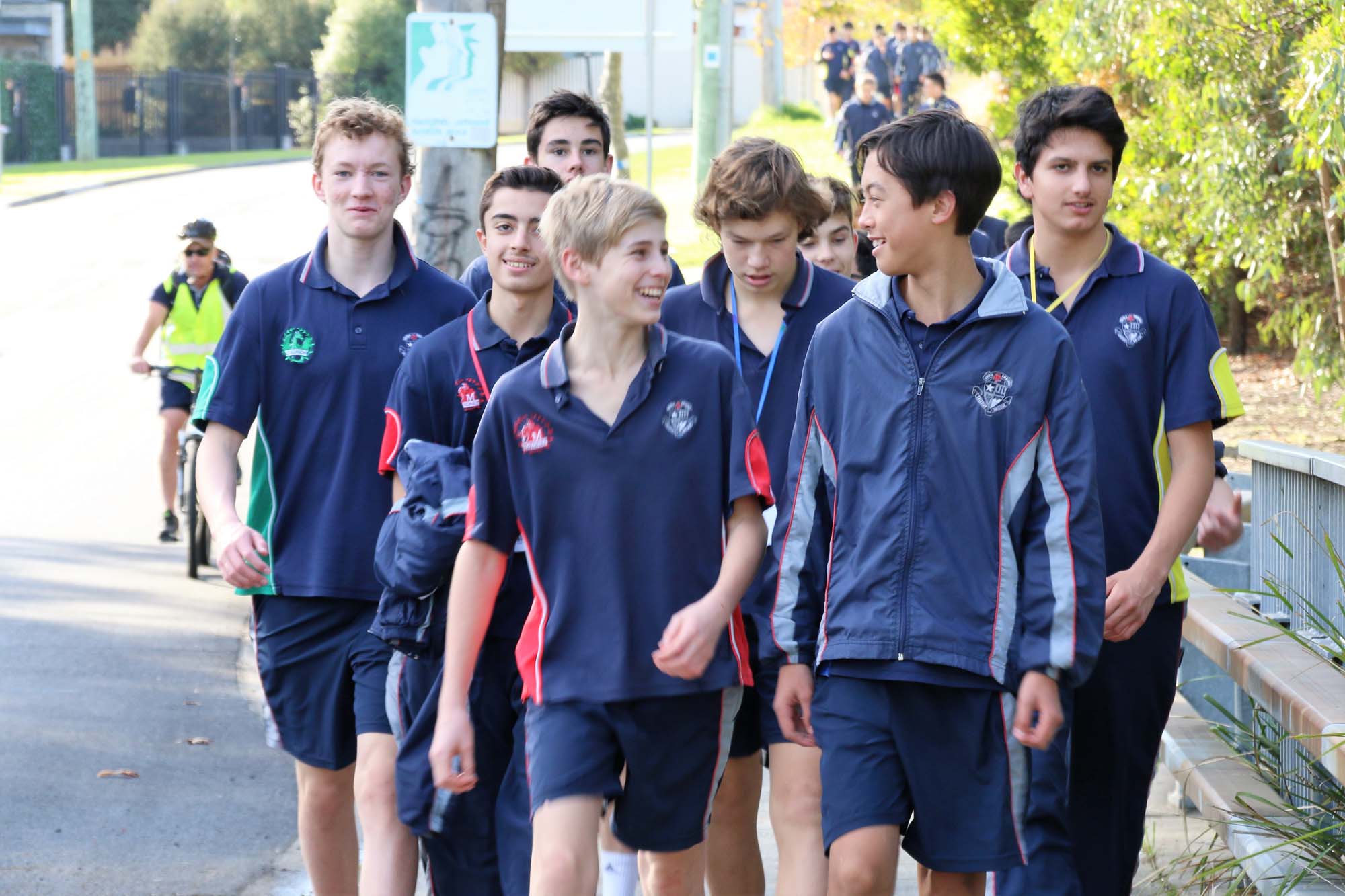At this time last year, I used my blog to highlight the need for us to develop in our boys a sense of compassion and a sense of empathy for those less fortunate than ourselves, both in our wider community and even in our global community. Today, as we enter our Community Week celebrations, I want to look at this concept from the opposite direction, and pose the question; ‘What would our world look like if we lived in a ‘dog eat dog’ world, where it was every man for him or herself?’ Let’s ask ourselves, ‘Is this the legacy we want to leave for the generations to follow?’
There are many examples or indicators of ‘a me first’ attitude in the self-centric world in which we live. Unfortunately, these examples are pointers to what a world that has lost the sense of a fair go for all, or a world where the level of care for others in our community has waned, especially with the marginalised and most vulnerable in our community, would look like. The everyday examples to which I refer can include events like road rage, cutting in on our roads, failing to offer seats to members of our community who may need them more than ourselves and imposing our bad moods on others without any awareness of the impact these actions are likely to have on those around us, in particular our friends and families. Businesses that are driven by making a buck regardless of the costs to others, as witnessed in the Banking Royal Commission, are all signs of a society focused on the self. Lately in the news we are regularly seeing people being asked to move out of shonky buildings. This is the result, in my opinion, of builders or developers cutting corners to save a buck or two and increase their profit margin at the expense of the poor unwitting purchasers.
These are some examples of times when some in our society have appeared to have adopted a position that their sole focus should be on themselves. This is certainly not true of everyone, however, and we often see examples of people giving of themselves in the support of others. Examples including the Royal Children’s Hospital Appeal, natural disaster appeals, and reactions to human tragedies as seen recently in the vigil for an unfortunate victim of crime. All these are fine examples of people responding to others. However, it tends to be the little considerations or the issues that are not in our face that seem to be neglected.
Examples like the ones I have just listed are wonderful and certainly go a long way towards helping people in need. However, I sometimes worry that our motivation to give our thoughts are limited to highly publicised events. The public nature of these events often give us a sense of pride when we lend our thoughts to them. Yet we are willing to ignore events or situations far worse around the world. There are so many examples of tragedies that go unnoticed and unsupported. Too often human tragedies in far off places are forgotten as we take for granted our privileged lives.
Don Bosco’s Oratory Week provides a good opportunity for us to emphasise the need to think of the ‘other’ as we encourage our boys to raise funds for the disadvantaged in Cambodia, where our support will offer the chance for many people to have a better life. A chance for them to be given opportunities to access things that most of us would take for granted. An education, running water, shelter, or maybe even something as simple as one daily meal. Our small contributions will have a significant impact on their lives.
Don Bosco’s Oratory week is a celebration of everything community. Whilst the main focus remains on our College community, a significant element of the week is how we can help others less fortunate than ourselves. It is a time where we encourage students to develop an understanding of and commitment to the greater good. I ask our boys and all of this wonderful community to respond accordingly, as we always do, as we endeavour to make this world a better place. I encourage all in the community to do the simple things throughout the week, to share a smile, to bring a positive attitude, to consciously go about our day with a real purpose of trying to make other people’s lives better.
Rob Brennan
Principal

